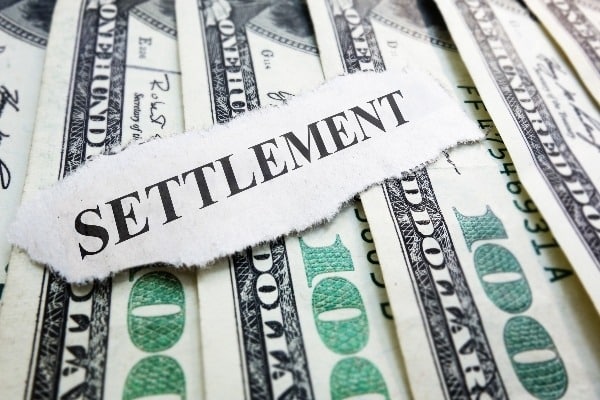Mediation In A Baltimore Car Accident Case.

The Participants in Baltimore Personal Injury Mediation.
Mediation is a dispute resolution process that is frequently mandated by the court during the pendency of Baltimore personal injury litigation. The mediation process involves a meeting [essentially a settlement conference] between the plaintiff and their lawyer, the defense attorney, and the representative or adjuster from an insurance company. In some cases, the individual named defendant also participates in the mediation conference. The “mediation conference” as it is frequently known, is held before a mediator. The results of the conference, in a personal injury case, are either a settlement or an impasse. [A third result, that of a partial settlement really does not come up in Baltimore personal injury litigation, although occasionally, I have seen insurance companies agree to fault -i.e. that their driver caused the accident- and the case proceeds to trial on issues of how much, compensation, only.
Anatomy of A Baltimore Personal Injury Mediation.
The process is one in which a mediator -sometimes called a third-party neutral- attempts to reach common ground between the parties. The conference itself usually lasts for a couple of hours, although styles and results vary greatly from mediator to mediator. There are certain similarities that exist no matter what the setting or mediator. Generally, your chosen personal injury attorney will provide, either at the beginning of the conference or prior to the conference in written form, a summary of the important factual detail about your case, and supporting or corroborating detail about your case. By “supporting detail” I mean the other documents- such as medical records and bills wage loss materials, etc.,-that substantiate, corroborate and in most instances, actually “prove up” or establish the personal injury claim for damages. The personal injury defense attorney, representing the insured person, but acting at the behest of the insurance company, will offer similar statements about why the insured is not responsible, and why the plaintiff is not injured or entitled to collect anything. Typically, then the parties are removed from a joint conference session and placed in separate locations. Frequently, the mediator will visit each side in the conference to tell them what’s going on in the other room, really various contention and arguments, and ferry offers and demands back and forth. The mediation conference is confidential, with neither side being able to later use the negotiating positions or concessions made by the other at trial.
The Outcome.
In a typical Baltimore personal injury case there are really only two matters: the defendant’s ultimate responsibility, or legal “liability”, for the accident or accidents, and the corresponding consequences or damages. As to the latter component, in other words, what compensation is the injured plaintiff entitled to recover? In a situation in which the parties agree the defendant caused the subject Baltimore motor vehicle accident, the parties might choose to negotiate the amount of fair compensation. Generally, the process commences with the plaintiff submitting a demand for settlement. The insurance company responds to that demand, with the process continuing through changed negotiating positions, increased offers, and the like until the parties reach a mediation agreement resolving the case- or they do not, and the matter proceeds to trial. The mediation conference may be an opportunity to have an open and frank discussion about liability arguments if indeed, responsibility for the accident is in dispute. The confidential nature of the conference lends itself to such discussions, and it is an opportunity for the skilled participant to assess what the other side’s trial arguments and positions might be- without revealing their own. If the parties reach a full agreement on all issues, that typically concludes the lawsuit, which is later dismissed after the agreed-upon payment has been made. If the parties do not agree, an outcome typically referred to as an impasse, the matter will proceed to trial to be determined by a jury or a judge.
Practices vary greatly from jurisdiction to jurisdiction, but many jurisdictions have mandatory mediation requirements. Some jurisdictions allow parties to opt out of these mandatory mediation requirements in a personal injury case, if there is reason to believe that such efforts would not be successful. The setting of mediation can vary greatly from jurisdiction to jurisdiction as well. Many have opted to utilize in-house mediation services. For example, the court system itself employs mediators to assist in resolving disputes among litigants and other scenarios. The parties made choose to locate their own private mediator – that is to say someone who has on a full-time or part-time basis agreed to mediate cases. Typically these private mediators are retired judges or seasoned lawyers that have seen thousands of cases throughout the course of their careers.



